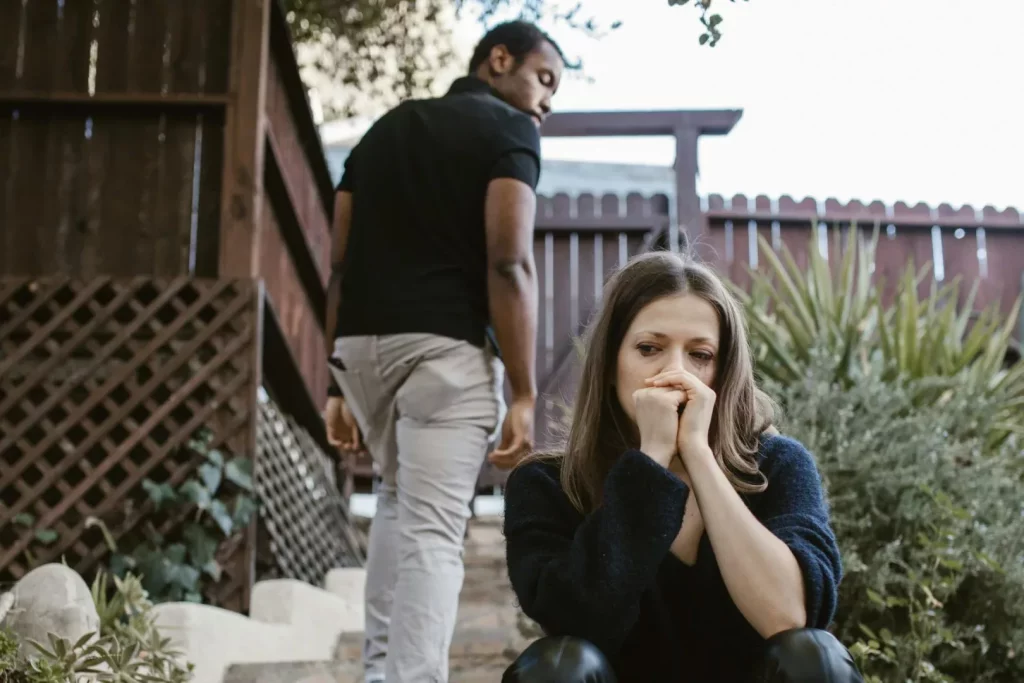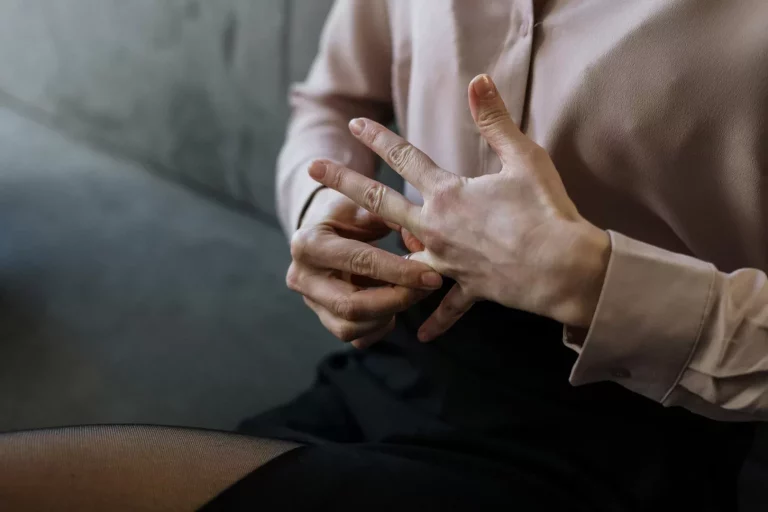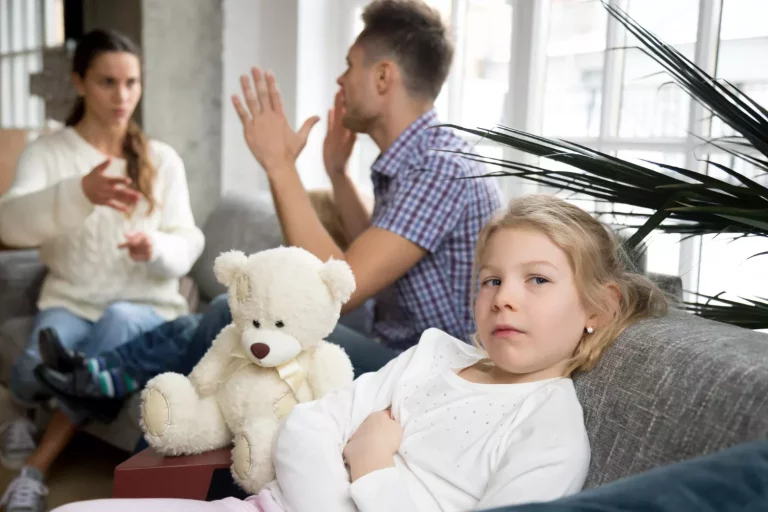Divorce after 20 years: Causes and Consequences
Have you ever wondered what happens when a marriage ends after 20 years? At TheBostonDivorceLawyer, our experienced divorce lawyers understand the complexities of long-term marriages coming to an end. In this article, we delve into the unique challenges and considerations that come with divorcing after two decades together.
As indicated in the Family Code of the State of California, a marriage that has lasted for 20 years or more is considered a long-term marriage. In the event of a divorce after a long-term marriage, spousal support may be awarded to the recipient based on various factors.
Impact on children
As someone who’s seen it firsthand, I can tell you that divorce after 20 years can have a significant impact on children.
It seems that, kids can feel confused and sad when their parents’ relationship changes. They might not understand why it’s happening and may even think it’s their fault. The family life they’ve always known is suddenly different, making them feel unstable and unsure.
Some kids might also feel betrayed or abandoned, especially if they didn’t know there were problems in their parents’ marriage. They might feel torn between their parents, struggling to stay loyal to both. This can cause a lot of emotional stress as they try to get used to a new situation.
If you think about it, divorce can affect kids in different ways, like changing how they behave, perform in school, and interact with others. Some might become quiet and withdrawn, while others might act out or deal with anxiety and depression. It’s important for parents to support their kids during this tough time, helping them deal with the changes and their feelings.
Financial implications
Reviewing what we noted, after 20 years, I’ve seen firsthand how significant the financial implications of divorce can be for both parties involved.
As far as I’m concerned, when getting divorced, it’s important to think about how to split things like property, investments, and savings you acquired during your marriage. This can get tricky, especially if you and your spouse don’t agree on who should get what.
You also need to consider alimony, which is money paid to the lower-earning spouse to help them keep up their standard of living after the divorce. How much and how long this payment lasts depends on things like each spouse’s income and what they contributed during the marriage.
Dividing retirement savings and pensions is another important step. It seems that, this can impact your financial stability when you retire.
Health insurance is another issue. One spouse might lose their coverage if they were on the other’s plan, meaning they might have to pay for new insurance.
Taxes will change too. Your filing status and deductions could be different after the divorce, so it’s wise to think about this when making financial decisions during and after the split.
Emotional challenges
Going through a divorce after being married for 20 years can be emotionally challenging.
To be fair, it’s a tough and confusing time when a marriage of twenty years ends. People often feel sad, angry, and unsure about the future. Such a big change can make one feel a deep sense of loss and grief. They may struggle with feelings of rejection, abandonment, and failure, questioning their self-worth and wondering what went wrong.
Divorce can also bring up strong emotions like resentment, guilt, and regret. One might feel betrayed or be scared about what the future holds. It seems that the idea of starting over can feel overwhelming both emotionally and practically. Worries about the impact on children, finances, and social life are common.
Dealing with these emotions after a long marriage ends takes a lot of self-reflection and emotional work. Seeking help from friends, family, or a therapist can be beneficial. It’s important to allow oneself to grieve and create space for healing and growth. Though it’s a long and hard path, facing these feelings directly can eventually lead to a sense of peace and acceptance.

Coping mechanisms
After going through a divorce after 20 years of marriage, I found it incredibly overwhelming and realized just how crucial effective coping mechanisms are.
To be fair, people often feel lost, angry, and confused during tough times. Coping mechanisms help manage these tough feelings. One common way to cope is to seek support from friends and family. Talking to loved ones can bring comfort and make you feel less alone.
Taking care of yourself is another important way to cope. This can include activities like exercising, meditating, or doing hobbies that make you happy and relaxed. Looking after your physical and mental health can reduce stress and improve your overall well-being.
Therapy is often used to cope with divorce. Speaking to a professional can provide guidance and support to handle the complicated emotions that come with ending a long-term relationship. So to speak, therapy can also help you develop healthy ways to cope and move forward.
Finding positive ways to deal with your emotions is very important when coping with divorce. Writing in a journal, practicing mindfulness, or doing creative activities can help you express and understand your feelings in a healthy manner. These methods can give you a sense of control and strength during difficult times.
Bringing it All Together
As earlier described, navigating a divorce after 20 years of marriage can bring about a unique set of challenges and emotions for both parties involved.
What TheBostonDivorceLawyers recommend is to prioritize self-care, seek support from loved ones, and approach the process with open communication and patience. Ultimately, while the path may be difficult, it can also lead to personal growth and newfound opportunities for a brighter future.
References
- “The Unexpected Legacy of Divorce: A 25 Year Landmark Study” by Judith S. Wallerstein, Julia M. Lewis, and Sandra Blakeslee, Hyperion, 2000.
- “Rebuilding: When Your Relationship Ends” by Bruce Fisher and Robert Alberti, Impact, 2016.
- “Crazy Time: Surviving Divorce and Building a New Life” by Abigail Trafford, Harper Perennial, 2000.







